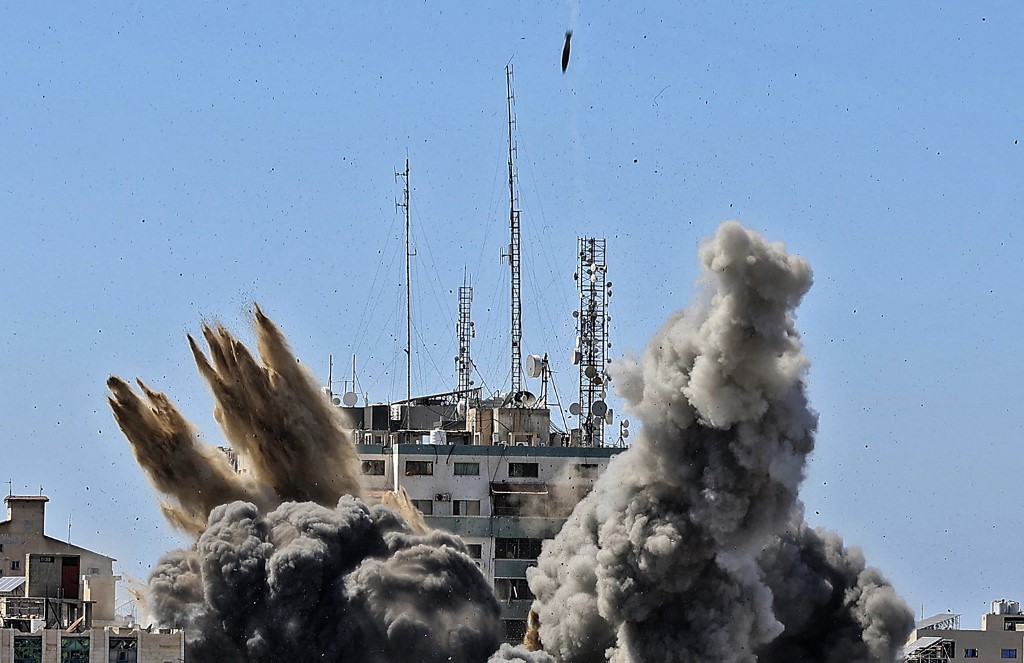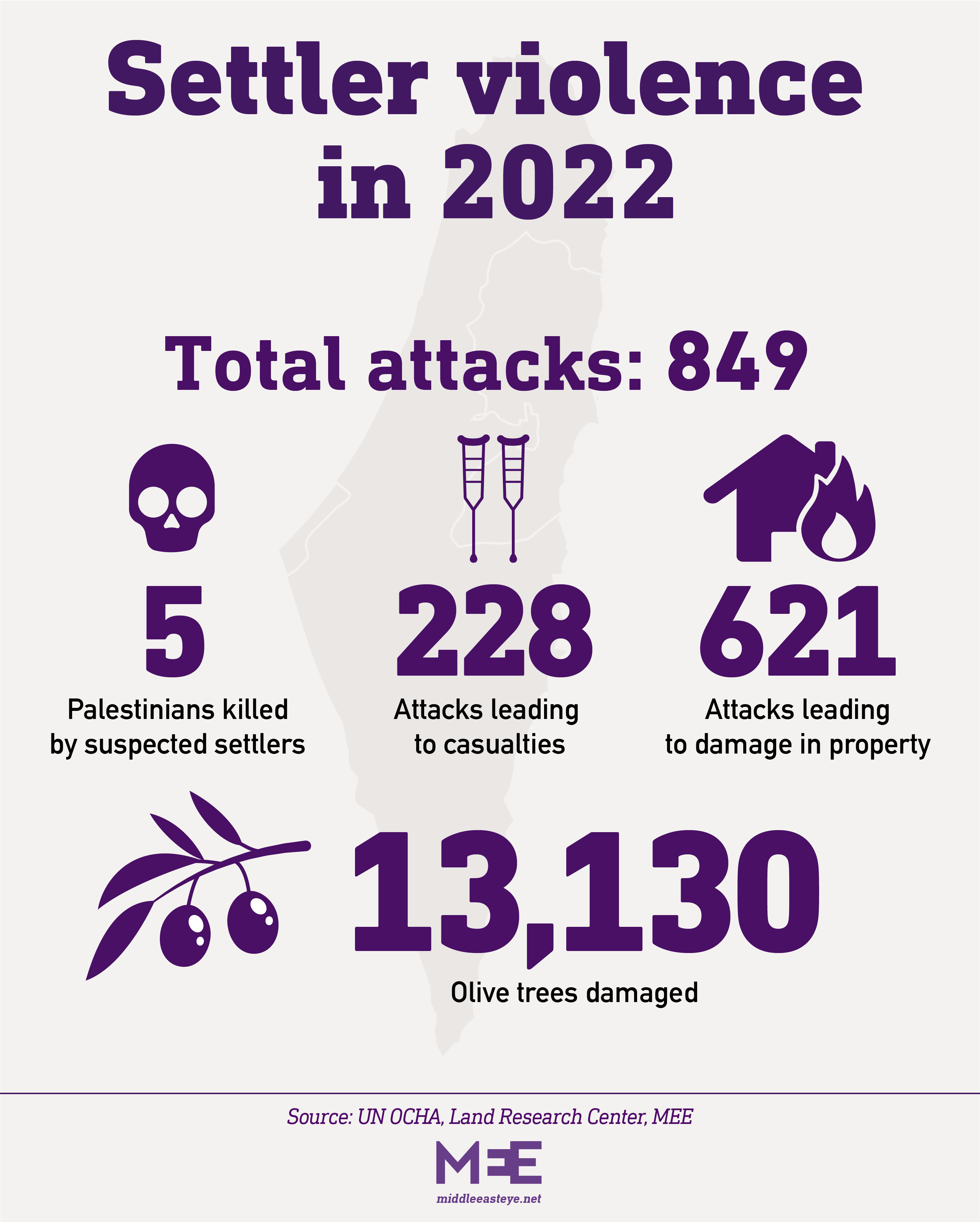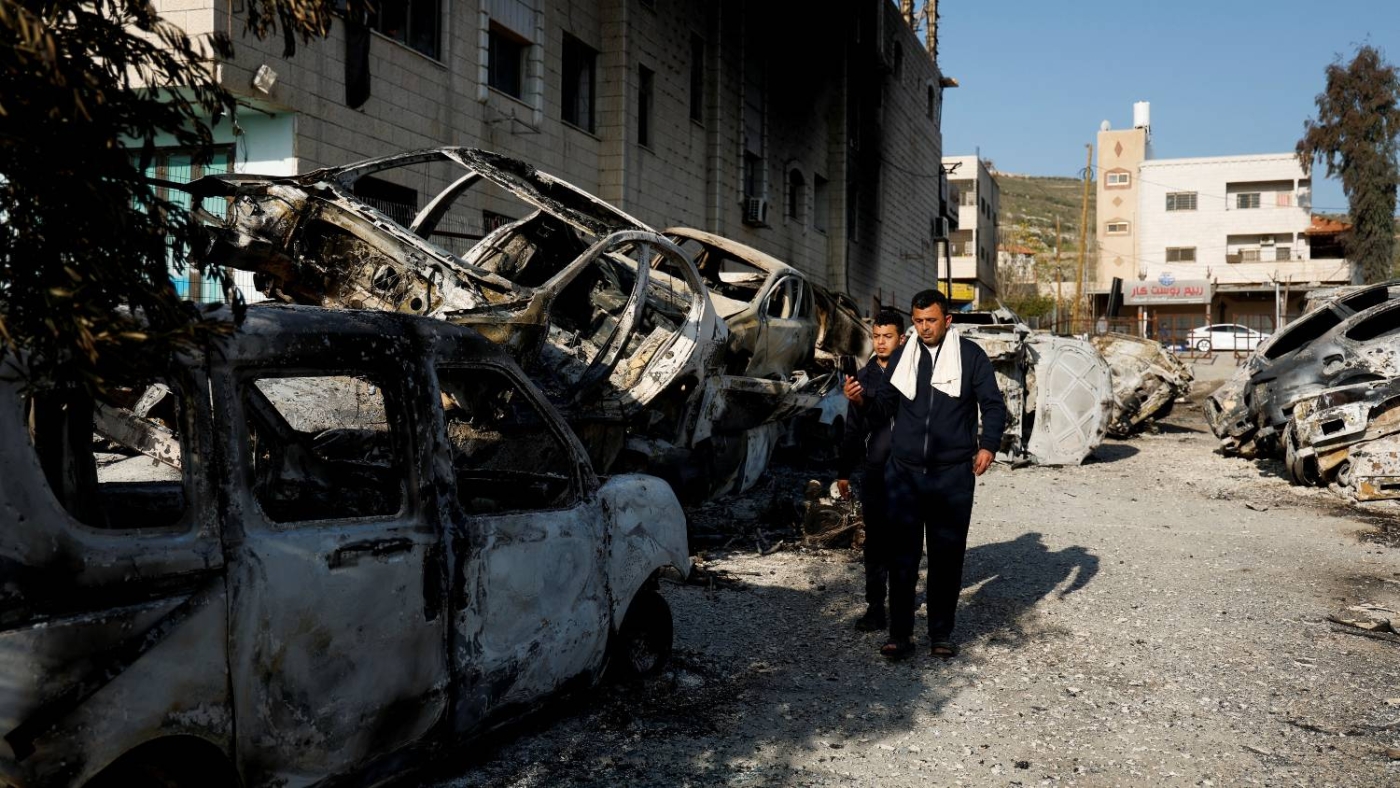A group of policemen, like private citizens in the past, broke into an institution demanding the payment of their salaries. Behind the assaults was the freezing of current accounts, the economic crisis and the collapse of the local currency, which hit a new low yesterday. It has lost almost 90 per cent of its value since 2019.

Beirut (AsiaNews) - The economic crisis, the freezing of bank accounts and the gradual depreciation of the local currency, which yesterday recorded a new negative record, are pushing a growing number of Lebanese to the threshold of poverty, and of desperation.
Hence the decision to attack credit institutions in an attempt to recover part of their assets. Cases similar to this have become more and more frequent in recent times, with yesterday's assault by police officers in Tyre, in the south of the country, on a local branch of the General Corporation of the Bank of Lebanon, claiming payment of their salaries.
Protests continued throughout the country, with the lira hitting a new low, fuelling further discontent among the population. According to the National News Agency, this time ordinary citizens were also joined by a group of police officers - also frustrated at the non-payment of their monthly salary - who stormed the bank counters in an attempt to recover the money.
In the past year, the Land of Cedars has seen an escalation of armed robberies and assaults on banks, with citizens now exasperated by the economic collapse and restricted access to accounts. Widespread corruption, capital controls, the devaluation of the local currency, and the non-payment of the dollar portion of civil servants' salaries have fuelled the crisis.
Moreover, since the beginning of the crisis in 2019, the Lebanese lira has lost almost 90% of its value, prompting exasperated citizens to storm and burn banks and, the latter, to call a lockout at the beginning of the month that was only interrupted last week. In the crosshairs is the head of the Central Bank, Riad Salameh, himself accused of corruption and of embezzling millions in capital, so much so that he has ended up under investigation in France and Switzerland.
A judicial source, relayed by L'Orient Today, reports an 'investigation' against him to be opened shortly. An attempt to preserve the 'rights' of the Lebanese State to the assets that were allegedly - at least this is the accusation - misappropriated by the high official, although no further details are known at the moment and the investigators oppose secrecy.
In recent days, the Swiss daily SonntagsZeitung accused Salameh of having pocketed over 500 million dollars, deposited in at least 12 banks in Switzerland. He had been accused of undue gain last year, but the investigation never resulted in an interrogation and the suspect has always rejected the accusations.
Go to the Banks. Take What Is Rightfully Yours.’ Meet the Bank Robbers of Beirut | NYT Opinion
Feb 28, 2023
A wave of armed bank robberies has been sweeping Lebanon amid its economic meltdown. But the heists have followed a highly unusual pattern: The robbers are the banks’ clients, and the money they have been demanding is the contents of their own accounts.
These thieves have been driven to such extraordinary lengths to get their savings because banks have imposed strict withdrawal limits to avoid collapse.
In the Opinion video above, Sali Hafiz, a Lebanese interior designer, describes how a health crisis in her family drove her to take up arms — actually, a toy pistol — and withdraw her money by force. But the film also argues that the true thieves are not citizens like Ms. Hafiz who are trying to get their hard-earned savings but, rather, corrupt financial and political leaders who have helped to run the economy into the ground.
Prosecutors from five European countries have been investigating Riad Salameh, the governor of Lebanon’s central bank, who has been accused of laundering public money in Europe. And last Thursday, The Associated Press reported, Lebanese prosecutors charged Mr. Salameh, his brother and an associate with embezzlement, forgery, money laundering, illicit enrichment and tax law violations.























